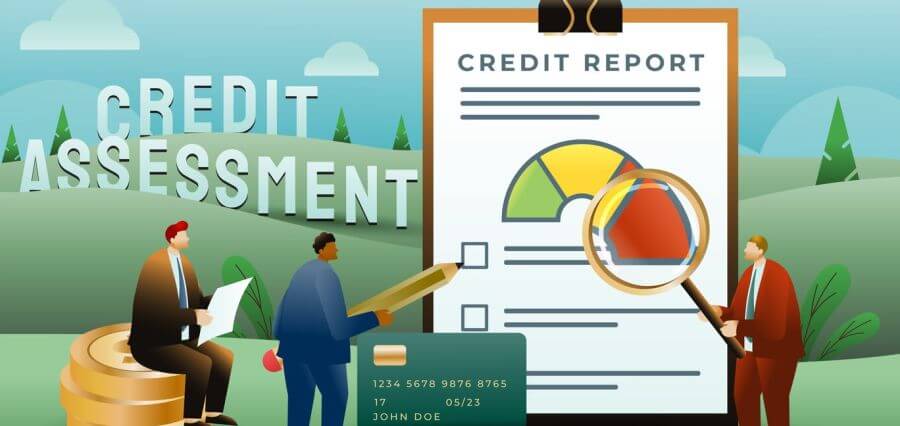If you’re new to business, you’ll also be new to having a business credit score. As a first-time business owner, your first score may not qualify you for all the funding you desire. A common challenge for new businesses is building good business credit. This often leads founders to ask: how can I improve my business credit score?
While there’s no magic formula for establishing good business credit, it requires time, organization, and attention to detail. However, by following best practices, you’ll see your score improve before long.
Spend Wisely
Improving your business credit score requires a cautious approach to smart spending. Managing a business credit card responsibly is essential. While this may appear difficult, since growing your business requires investment, it’s vital to perform due diligence before spending.
Ensure responsible usage if you have been approved for a business credit card. A good strategy is to use the card for predictable expenses, like utility bills, which you can confidently repay on or before the due date.
Acquire a Business Credit Card or Line of Credit
Many business owners routinely apply for credit cards or lines of credit. This practice helps establish their reliability as borrowers in the eyes of their bank. Timely payments can contribute to gradual improvements in their credit scores.
However, before applying for a business credit card, check if the lender reports to one of the three primary commercial credit bureaus. Your responsible spending and repayment habits may not be recorded if they don’t. Explore the best tradeline companies and lenders before making a decision.
Keep Your Credit Usage Minimal
A high amount of debt relative to your total credit limit can harm your creditworthiness. Keep revolving debts, such as credit cards, at low balances. Lower debt levels decrease your credit utilization, which helps maintain a strong credit rating.
Your credit utilization ratio should stay below 30%. This means your total debt should not exceed 30% of your available credit. Concentrate on reducing your balance to boost your credit score.
Ensure Accurate and Updated Commercial Credit Information
Knowledge is essential, and understanding your credit score is paramount. Knowing the factors contributing to your score can help you identify important areas for improvement. Experian, Dun & Bradstreet, and Equifax are the credit bureaus that generate credit scores. It’s crucial to ensure that your score is relatively consistent across these bureaus, even though minor variations might occur due to different information each bureau receives.
Regularly check your records with these bureaus to ensure accuracy. If you find any issues affecting your score, address them promptly. If you suspect an error, contact the respective bureau to resolve it.
Wipe Collections off Your Record
When debts are sent to collections agencies, it can significantly lower your credit score. To begin improving your business credit score, contact these agencies to explore a “pay-for-delete” agreement to erase the negative marks from your record.
You must directly ask the agency if they will delete the “charged off” account in exchange for payment of the outstanding debt. If they decline, your credit score will not improve. Additionally, you may need to contact the original creditor to request that they stop reporting the debt. This may require some strategic negotiating since the creditor has less incentive to comply after transferring your debt to the collections agency.
Endnote
In addition to the everyday duties of running your business, enhancing your credit score is a crucial task for any business owner. Transitioning from poor to respectable and eventually excellent credit is a lengthy process, but the opportunities provided by a solid credit history make it worthwhile in the end.

